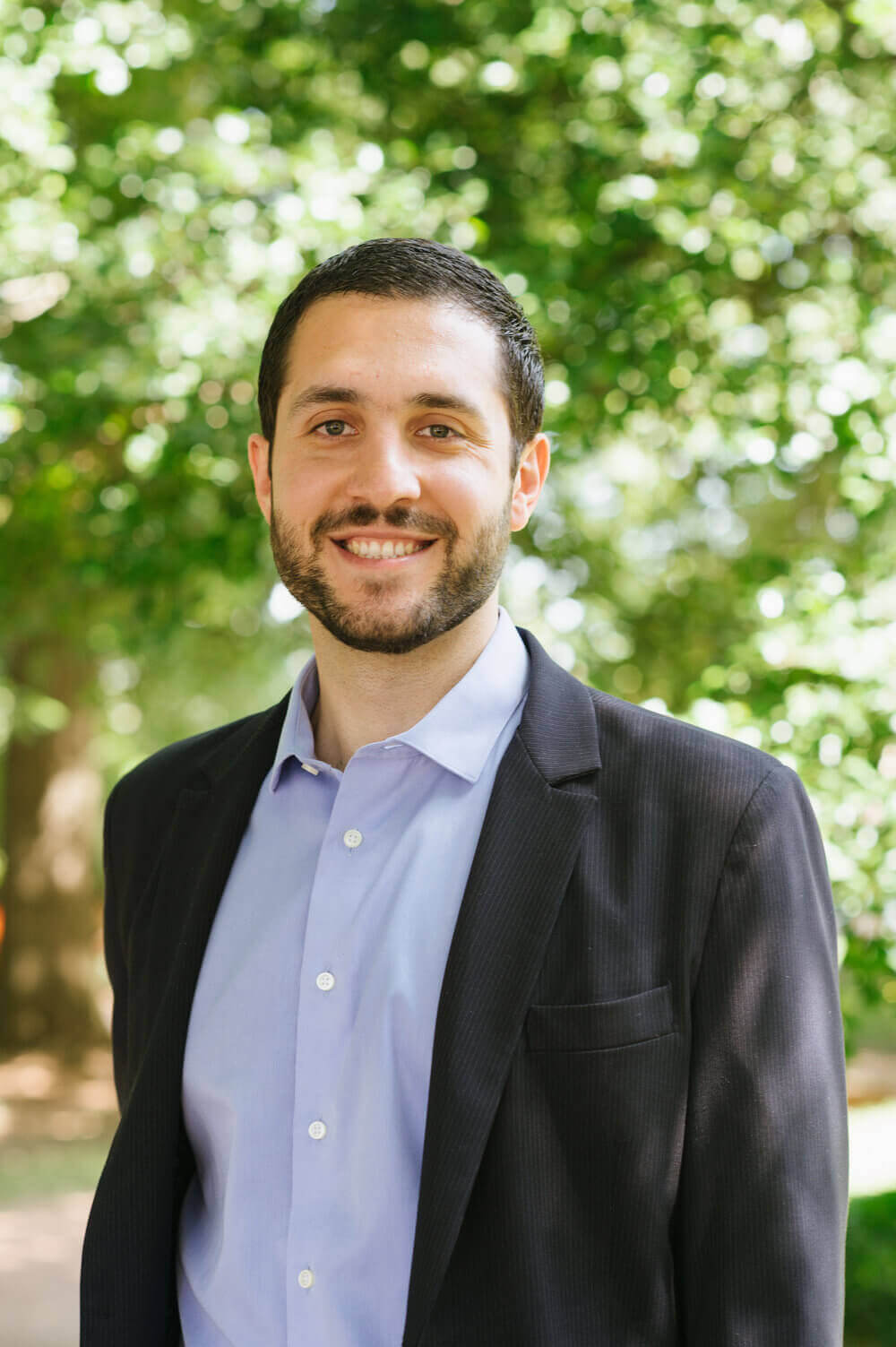2020 ACLS Climate Scholar, Caetano de Campos Lopes

2020 ACLS Climate Scholar
— Caetano de Campos Lopes, Director of Climate Policy, Community Climate Collaborative
Hello Climate Leaders, my name is Caetano de Campos Lopes, I am an ecoAmerica’s Climate Scholar, the climate policy director of the Community Climate Collaborative’s (C3), and a climate policy consultant. Today, thanks to ecoAmerica, I will be sharing with you a little bit of my work.
 Last year, shortly after the ACLS 2019, my colleagues at C3 and I were able to bring together households, businesses, and nonprofits to ask municipalities in Virginia to set ambitious climate goals. This concerted climate advocacy effort convinced Charlottesville and Albemarle elected officials to make these localities part of the very select group of American municipalities to establish community-wide carbon neutrality goals. As these communities move to the next level of climate leadership, we at C3 recommend and advocate for equitable Climate Action Plans (CAP) that focus on climate solutions that promote the well-being of all community members; as we believe that this is the only way for CAPs to really be effective and long-standing.
Last year, shortly after the ACLS 2019, my colleagues at C3 and I were able to bring together households, businesses, and nonprofits to ask municipalities in Virginia to set ambitious climate goals. This concerted climate advocacy effort convinced Charlottesville and Albemarle elected officials to make these localities part of the very select group of American municipalities to establish community-wide carbon neutrality goals. As these communities move to the next level of climate leadership, we at C3 recommend and advocate for equitable Climate Action Plans (CAP) that focus on climate solutions that promote the well-being of all community members; as we believe that this is the only way for CAPs to really be effective and long-standing.
Personally, I strongly support minimizing residential energy burden as an essential component of any equitable CAP. For instance, according to a report that I have co-authored with the American Council for an Energy-Efficient Economy (ACEEE) earlier in 2020, getting people out of poverty, as well as from older and inefficient homes, played a decisive role in helping many municipalities lower their per capita greenhouse gas emissions (GHG). This report also indicated how lowering energy bills is strictly connected to the increases in the supply of housing affordability, serving primarily historically economically disadvantaged families while mitigating future climate change effects for all. The report also suggested that some American cities might have seen less gentrification precisely because of their energy efficiency programs.
High energy burdens are associated with increased stress, negative health impacts, and cycles of poverty. However, the prevalence of high energy burden levels in our communities can be alarmingly underrated. Recently, I led at C3 a report that showed that although Charlottesville’s average energy burden is a “mild” 2.3%, more than 4,000 households in the City face very high energy burden levels. This means that nearly 1 in every 4 households spend 10% or more of their income in-home energy expenditures, nearly 5x more than the City’s average energy burden level.
In this recent C3’s report, we went further and tried to understand why energy burden levels exist for some households and neighborhoods more than to others. The report found that most widely accepted energy burden drivers (such as building features, [formal] education level, homeownership, income levels, and race) were also recognized as drivers of unaffordable housing by local social justice organizations. However, our research dug deeper and explored the actual relevance of these usually accepted drivers of energy burden in the City. By doing so, we unveiled some unexpected and counter-intuitive findings that showed how general beliefs (based on national or state-level studies) might not always be applicable to the specific realities of smaller (yet unique) communities.
At C3, we hope that this report will show how cross-sectional climate and affordable housing policies can help address multiple yet overlapping social injustices. Based on our findings and received community feedback, we are excited to design subsequent policy recommendations and concerted policy advocacy efforts alongside community stakeholders and residents.
For us, there has never been a more crucial time than the present to make a difference on climate change. I am excited to join the American Climate Leadership Summit for another year to learn, share, and collaborate with so many climate leaders from across America. A lot of work still needs to be done… and we are all looking forward to starting it right away!